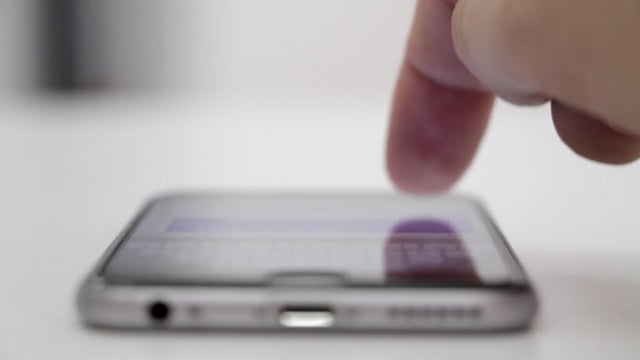If you’re not worried about getting a virus on your phone, you should be – your smartphone is just as vulnerable to malware as your laptop or tablet. And with so much personal data on your phone, it’s well worth protecting. Otherwise, hackers could spam your contacts with phishing emails, access your bank account or even steal your identity.
But how do you know if your phone has been infected with malware? There are some telltale signs to look out for, including lagging, shortened battery life, and buggy aps. Let’s take a closer look at the signs your phone has a virus, and how you can treat the infection.
Here Are the Signs Your Phone Has a Virus
Has your smartphone been acting funny? Have you downloaded a new app recently that’s crashing a lot? Malware apps tend to be more buggy than legitimate apps, and they tend to be incompatible with other, legitimate apps. If you’re getting a lot of app crashed notifications, you probably have some malware on your phone.
Another sign that your phone is infected can be seen in your data usage. If you’re suddenly using a lot more data than you did before, that could be a sign that a malicious app is running in the background, uploading and downloading data. Hackers may be using your device for nefarious purposes, including outright stealing your personal information or recruiting your device into a botnet attack. If your battery is draining a lot faster than usual or your phone is heating up even when you’re not using it for particularly intensive processes, that could be another sign of a malware infection.
Sometimes, the signs of a malware infection on your phone aren’t so subtle. You might start getting lots of pop-up ads, including scareware ads that tell you something is wrong with your phone and offer to fix it for a fee (something is wrong with your phone, but you shouldn’t take the bait). You might also notice new apps on your phone that you didn’t install. And people on your contacts list may start getting spam from your email or social media accounts, or even over SMS.
Take These Steps to Fix It
If you think you have malware on your phone, you need to act fast to clean up the infection before too much damage is done. First, change the passwords to all your banking and shopping apps as well as your email and social media accounts. Then clear the cache on your web browser. Go to Settings>Apps, and then choose your web browser from the list of apps. Then tap Storage & cache>Clear cache>Manage space>Clear all data.
If you have unknown apps on your phone, you’ll need to restart your phone in safe mode in order to delete them. You probably won’t be able to delete malware apps in normal mode. You’ll have to check your phone’s user manual or look online for instructions to restart in safe mode. Once you are in safe mode, you should be able to delete unwanted and malicious apps.
Once you’ve deleted any unknown apps in safe mode, you should install a virus protection app for iPhone or Android, depending on what kind of phone you have. If you’ve already been infected, a paid antivirus program from a known developer, like Trend Micro or Kaspersky, can scan your device, clean it of malware, and protect it from reinfection. If you have an Android phone, enable Google Play Protect so that you have that extra layer of protection when you’re downloading apps from the Play Store.
Always be cautious when downloading apps for either iPhone or Android – download them only from the Play Store or the App Store and read the reviews first. Malware has been known to appear in both the Play Store and the App Store, and it’s getting more common as hackers figure out how to sneak their malicious apps into these trusted marketplaces. The reviews should say if other users have found an app to be malicious, but beware of apps that have only a few reviews or lots of positive reviews that have been uploaded within a short period of time.
If all else fails, you will have to do a factory reset of your phone. A factory reset will delete any malware, but it will also delete all your apps, data, and photos. That’s not a big deal if you have a backup of your phone, as long as the malware isn’t in your backup, too. At the very least, you should make sure you’re backing up your photos and other important files regularly in case you need to reset your phone.
The signs that your phone has been infected with malware are usually pretty obvious. Once you know your device has been infected, take swift action to mitigate the damage.








Leave a Comment
You must be logged in to post a comment.